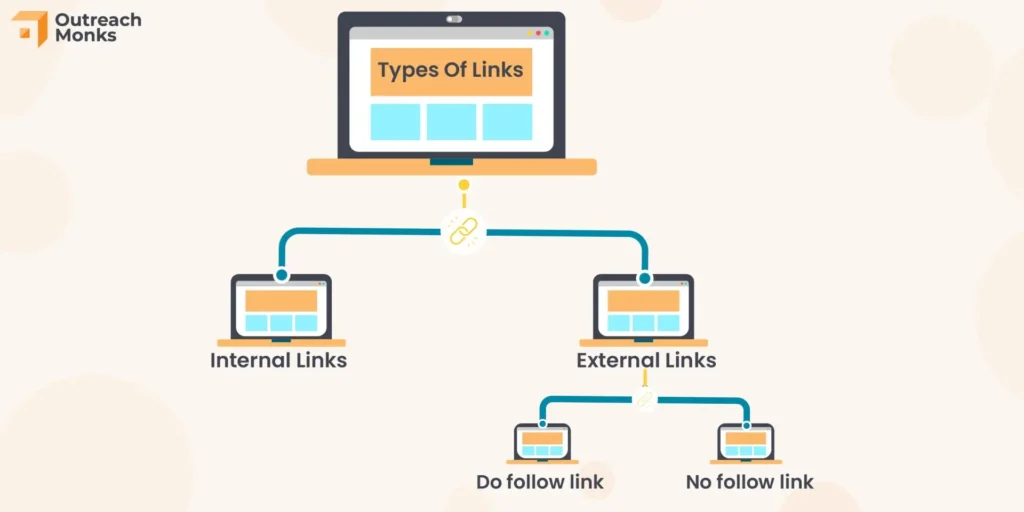The site is better than its users from the digital marketing world. Because of such terms, one of them can be SEO too. Also, in case of different levels from that point of view, the on-page SEO can be called the land which leads to fine performance on SERP. What is on-page Search engine optimization, and how a person could master it? Let’s break it down just a bit to more straightforward yet actionable tips that one could easily work out; first off, let’s talk on-page SEO.
What is on-page SEO?

on-page SEO makes a page search-engine-friendly-or better stated, optimization for single pages to rank with a search engine like Google and be seen as much more visible than your competitor. Terms define wearing a dress on your website to the search engine and to your visitors. In simple words, it is just a procedure that will make texts on a page’s HTML tags as well as page structure friendly to the search engines.
Why ON-page SEO is required? It all sums up to three essentially.
- 1. Headings: From a technical point of view , the A page must feature a top of the first page SERPs.
- 2. User experience friendly: assuming all is just so great then if good on-page Search engine optimization it means the users are sure to like going back to the same site.
- 3. Probability: the page would carry an even more excellent probability of getting clicked and hence visited.
This would cover even the easiest yet most powerful tactics where one would seek better enhancement on how ranking features in web pages
1. Keyword Selection Keyword
The terms of which people usually typed when trying to find whatever one needed on the computer, needed to rank high one adopt the most relevant keywords on that subject where one will use and deliver that specific contents,
- To Identify your Keywords, Google keyword planners. Ubersuggest-the keyword has to be long-tail Keyword-best running shoes for teen best running shoes for Teens: long-tail keywords. Hard easier rank.
Keywords-Title, introduction, Headings and a few times in the content.
2. Good Quality Content
Quality content is all the keyword world ever seems to care about. Fresh and informing, it’s as rewarding as it can be provided that the query and the search engine remain pretty busy in relation to it.
- Easy Understand: what the topic is Digest information using bullet points and lists for enhanced reading..
- Refresh frequently: As far as keeping refreshing in the texts feeding to enter new information once in a while.
3. Title Tag Optimization and Meta Description
This is the title tag and meta description of what a user is probably going to see first when surfing on a page on the results page of a search.
- Title Tag: less than 60 characters, ensure use of your keyword; for instance “Mastering On-Page SEO: Tips for Better Rankings.”
- Meta Description: A very interesting description explaining your page in fewer than 160 characters, as well as a keyword.
4. Proper use of header tags
- There are H1, H2, H3, etc., and this will also help with the organization of content as well as easy for search engines too.
- This is an H1 which used for title that features your main keyword.
- There should be subheadings and the application of subheadings in the breaking up of content in H2 and H3 tag should appear there too. Relevant keywords should also appear there.
5. Internal and External Links

Links connects the user to other pages and resources. It helps in search engines to understand your texts too.
- Internal Links: These include linking the relevant pages of your website. For example, linking a blog concerning “Search engine optimization tools.”
- External Links: These link to quality websites for further reading.
6. Image Optimization
Images give a grand view to your topic, but must also be optimized in order to lift effective SEO as well.
- Add Alt Text : Add alternative text oriented to keywords in case. For example, “Infographic On-page Search engine optimization checklist”
- Compress Images: That’s compressing your file size and this allows web pages to load much faster, and that helps think about it.
7. Optimize Page Speed:
Slow websites are the real annoyed for visitors because it decreases your rank.
There’s Google Page Speed Insights that would help find out those issues for speeding up your site.
- Fast Hosting Service: Host with a good and fast server.
- Minify your JavaScript and CSS Files: Dead code has to be removed so your website loads fast.
8. Your website needs to be mobile-friendly
You probably would have received most visitors on your websites on your cell phones. Therefore, the web has to be mobile-device friendly. Responsive Design: Your site has to work well on all the sizes of screens.
Test on Different Devices: Try it in a phone or tablet or desktop and test its loading and functionality.
9. Schema Markup
Another type of schema markup is also-the code which would help the search engine in its ability to interpret your topic type. Also, because of schema markup, there will be a pretty appearance of results due to the existence of rich snippets.
- Add Structured Data: Use Google’s Structured Data Markup Helper so schema works for you.
- Common Markups: Apply schema in reviews, FAQs, and even the information of products.
10. User Experience
A good UX spends more time on your page so that the search engines learn too that your content has value.
- Simple Navigation: an easy means of finding what the user might be looking for.
- Clean Fonts and Colors: Content will not hurt your eye depending on his or her vision
- Conversion-friendly CTAs: Nudges the user into subscribing to your newsletter or seeing more related topics.
Common On-Page Search engine optimization Mistakes to Avoid
1. Keyword Stuffing: Keyword usage on your topic makes it not sound natural.
2. Ignoring Mobile Optimization: A site that looks bad on mobile devices will lose visitors.
3. Poor Quality Content: Thin or irrelevant content doesn’t rank well.
4. Broken Links: Ensure all links work correctly to avoid frustrating users.
5. Ignoring Analytics: Use tools like Google Analytics to track your performance and make improvements.
Tools to Help You Master On-Page Search engine optimization
1. Google Search Console: Track how your site performs and find possible Search engine optimization issues that can be fixed.
2. Yoast SEO (for WordPress): An easy-to-use plugin to optimize on-page elements.
3. SEM Rush: Provides keyword research, audit tools, and content suggestions.
4. Grammarly: Helps ensure your topic is grammatically correct and readable.
Conclusion
Mastering On-page Search engine optimization is the key to achieving better rankings and driving more traffic to your website. By focusing on the tips mentioned—like choosing the right keywords, writing high-quality content, and optimizing technical elements—you can create a website that both users and search engines love.